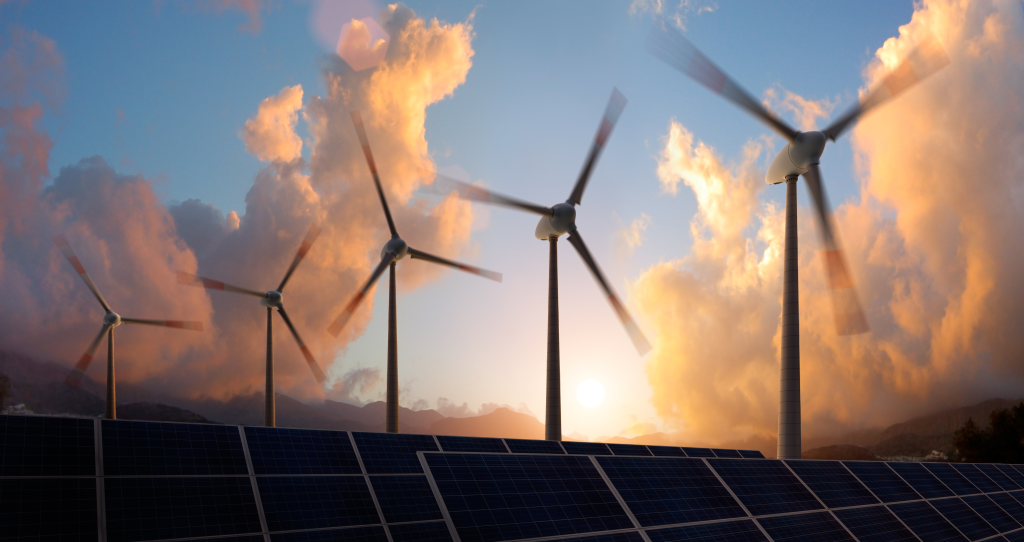
Energy Auditing in India vs Ireland
7th May 2025
Looking at energy efficiency in a global context helps to identify what Ireland needs to achieve its climate action goals. The below blogpost by EasyPro project partner, Ruchi Agrawal from the IERC – International Energy Research Centre, examines the differences between Energy Auditing in India and Ireland. An energy audit is a comprehensive assessment of energy consumption that identifies areas where usage can be reduced and efficiency improved – an important part of the EasyPro project.
Differences between Energy Auditing in India and Ireland
Energy auditing plays a vital role in enhancing energy efficiency, reducing operational costs and mitigating environmental impact. However, the approach to energy auditing varies significantly across countries due to differences in regulatory frameworks, energy consumption patterns and cultural contexts. India and Ireland, two nations with distinct economic and climatic landscapes, exemplify these variations. Let’s delve into the key differences between energy auditing practices in these two countries.

In India, the primary governing body and regulation for energy audit is the Bureau of Energy Efficiency (BEE), established under the Energy Conservation Act of 2001. The BEE mandates energy audits for designated consumers, such as large industries and commercial buildings, to ensure compliance with energy efficiency standards. These audits follow the Indian Energy Conservation Building Code (ECBC) and other sector-specific guidelines. In Ireland, the Sustainable Energy Authority of Ireland (SEAI) oversees energy audits, ensuring compliance with European Union regulations such as Energy Efficiency Directives. Irish energy audits have a strong focus on reducing carbon emissions in line with Ireland’s ambitious climate action goals. The country aims to become a net-zero economy by 2050 and energy audits play a crucial role in achieving this target.
Energy mix and consumption patterns
The energy mix and consumption patterns in India and Ireland also influence their respective energy auditing practices. India’s energy mix is heavily reliant on coal and fossil fuels, although renewable energy sources such as solar and wind are gaining traction. Energy audits in India often focus on reducing energy consumption in industries and addressing inefficiencies in power generation and distribution.

By contrast, Ireland has a more diversified energy mix, with a significant share of wind energy and a growing emphasis on renewables. Energy audits in Ireland often prioritize residential and small-to-medium enterprises (SMEs), as well as public sector buildings, to align with the country’s sustainability goals. The focus is on reducing reliance on fossil fuels and improving energy efficiency in heating and lighting systems.
Climate and building design
Climate and building design further differentiate energy auditing practices in the two countries. India’s tropical and subtropical climate necessitates energy audits that address cooling needs, such as optimizing air conditioning systems and improving insulation in buildings. In Ireland, the temperate maritime climate means energy audits often focus on heating efficiency. Irish buildings, especially older ones, are audited for insulation, boiler efficiency and the integration of renewable heating systems like heat pumps.

Cost and accessibility
Cost and accessibility are additional factors that set the two countries apart. Energy audits in India are generally more affordable due to lower labour costs and a competitive market for energy auditors. In Ireland, energy audits tend to be more expensive but are often subsidized by government grants and incentives.

Conclusion
In conclusion, while both India and Ireland recognize the importance of energy auditing, their approaches differ due to varying regulatory frameworks, energy mixes, climates and levels of awareness. India’s focus is on scaling energy efficiency in a rapidly growing economy, while Ireland emphasizes reducing carbon emissions and transitioning to a sustainable energy future. By learning from each other’s experiences, both nations can further strengthen their energy auditing practices and contribute to global energy conservation efforts.